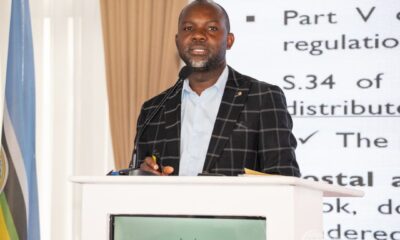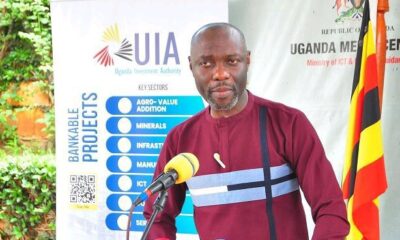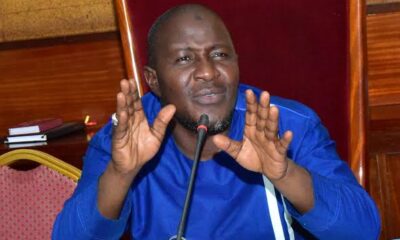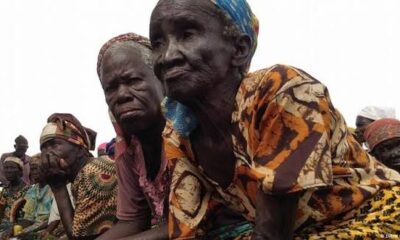Politics
“I Hate Bobi Wine So Much Coz He Took A Loan From Me & Failed To Pay Back” Gen Muhoozi Makes Yet Another Controversial Tweet

General Muhoozi Kainerugaba, Uganda’s senior presidential advisor and son of the president, has once again caused a stir on social media after targeting opposition leader Bobi Wine. In a surprising tweet, Muhoozi claimed: “I hate Bobi Wine so much because he took my loan and failed to pay.”

The post quickly ignited debate online, with Ugandans divided over whether Muhoozi was joking, being sarcastic, or making a serious allegation. Many were taken aback that a high-ranking army general and influential political figure would air a personal financial dispute publicly, adding fresh drama to Uganda’s already tense political climate.
Bobi Wine, whose real name is Robert Kyagulanyi, has yet to respond. His supporters were quick to defend him, dismissing Muhoozi’s words as an attempt to discredit the opposition leader. Meanwhile, some social media users mocked Muhoozi, questioning why a powerful general would even lend money to his political rival.

Critics warned that such statements could harm Uganda’s image, portraying political leaders as focused more on personal grudges than national issues. Analysts note that this tweet is part of a growing pattern of Muhoozi using Twitter to personally attack Bobi Wine, keeping their rivalry alive and deepening divisions among supporters.
This is not the first time Muhoozi has publicly mocked Bobi Wine. Recently, he suggested that Bobi Wine should run for an LC III seat in Burundi, ridiculing his political background. Now, with the loan accusation, the conflict appears to have shifted from political debate to personal grievances.
Ugandans are waiting to see if Bobi Wine will respond. Whether true or political theater, the tweet highlights how personal and bitter Uganda’s politics have become, turning social media into a major battlefield.

Some observers believe Muhoozi’s tweet may be intended to distract the public from pressing national matters, focusing attention instead on a personal dispute.
Others argue it reflects a troubling trend where leaders prioritize public feuds over governance. Regardless of intent, the tweet has reignited discussions on the role of social media in politics and the impact of personal attacks between high-profile figures on public opinion and national unity.




















